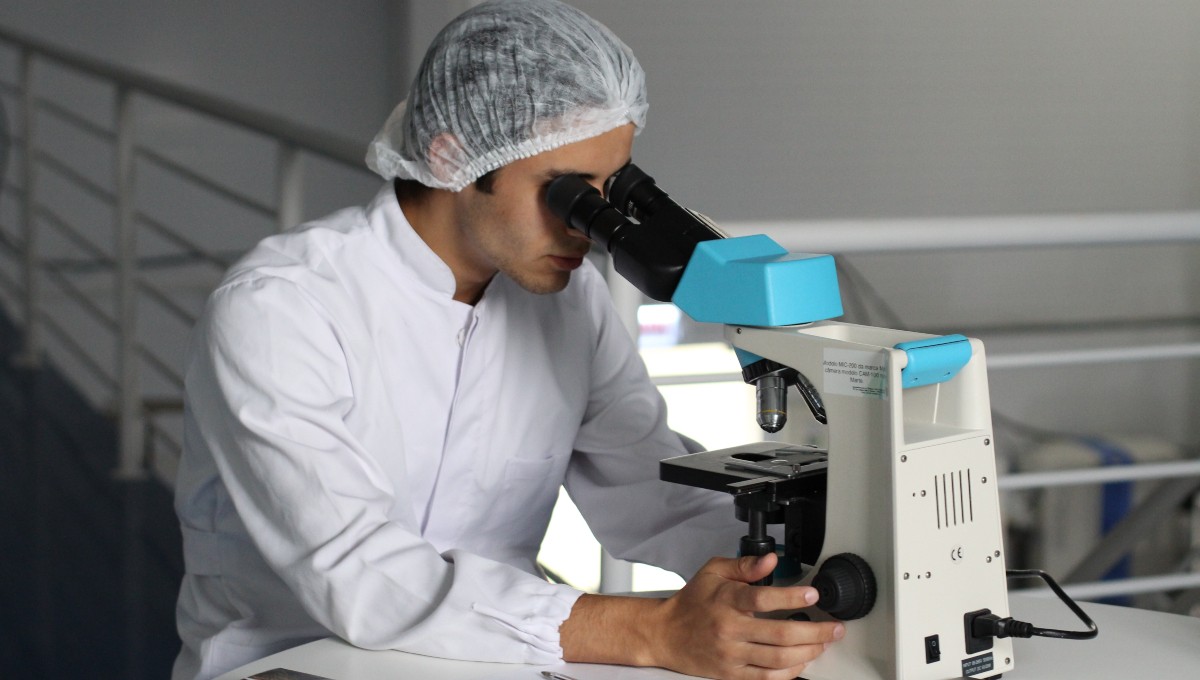Science & Tech
Scientists develop ‘pig-human’ hybrid organ to address shortage of transplant organs

WHAT YOU NEED TO KNOW:
- A team of Israeli researchers has developed a pig-human hybrid organ.
- This breakthrough in the medical field sees to address the shortage of donor organs, thus save lives.
- Dr. Shahar Cohen determined that acute rejections must be addressed to make this operation successful.
The shortage of organs available for transplant continues to be a global chronic problem. Studies suggest that every ten minutes, a person is added to the national waiting list for organ transplants, and according to the Donate Life organization, some 8,000 Americans die each year just waiting for a transplant.
These data remain to be a shock in the scientific and medical communities, and so far, there has been no major breakthrough in increasing organ supplies for those needing transplants.
This led a team of Israeli researchers to develop a hybrid organ — an organ from a pig with human blood vessels that could help alleviate this serious medical problem.
According to Dr. Shahar Cohen of Beilinson Hospital, there have been numerous attempts to implant animal organs in humans, but they’ve been unsuccessful in the past years.
Dr. Cohen pinpointed those acute rejections, particularly in the internal lining of blood vessels, are the main culprit. The coating is the point of contact between the transplanted organ and the recipient’s body.
Dr. Cohen and his team thus found a solution: they removed the coating from the pig’s blood vessels and replaced it with a more “friendly” coating to the human immune system.
This procedure was carried out in the lab using placenta cells, which is known to restrict rejection.
“Instead of destroying the whole organ, we target only part of the organ – the most important part. We removed the pig’s internal layer of blood vessels and replace it with a ‘human layer,’ thereby humanizing the blood vessels of the organ and generating a hybrid organ – a pig organ with humanized blood vessels. This is the way to surmount the barrier to pig organs in humans,” Dr. Cohen explained.
He furthered that using the placenta cells makes it an ideal option as the placenta is the “ideal organ that connects two human beings and plays a key role in maintaining the connection between mother and fetus.”
“This method has been successfully tried so far in a number of organs such as heart, lungs, liver, kidney, pancreas and limbs,” said Dr. Cohen.
This will be a breakthrough in ex-vivo experiments, the procedures done outside the body.
The first hybrid organ transplant in animals is set to be done and in about five years. Dr. Cohen hopes that the first human transplant can be carried out successfully.
“We believe that our approach will make this reality sooner than later. Our goal is to change the world and change the face of modern transplantation medicine,” the lead doctor said.
“We want to eliminate the waiting list and have an unlimited supply of organs available for transplantation, and a future with less anti-rejection drugs in humans so they have less side-effects and fewer problems related to immune suppression,” he concluded.
Source: The Jerusalem Post
